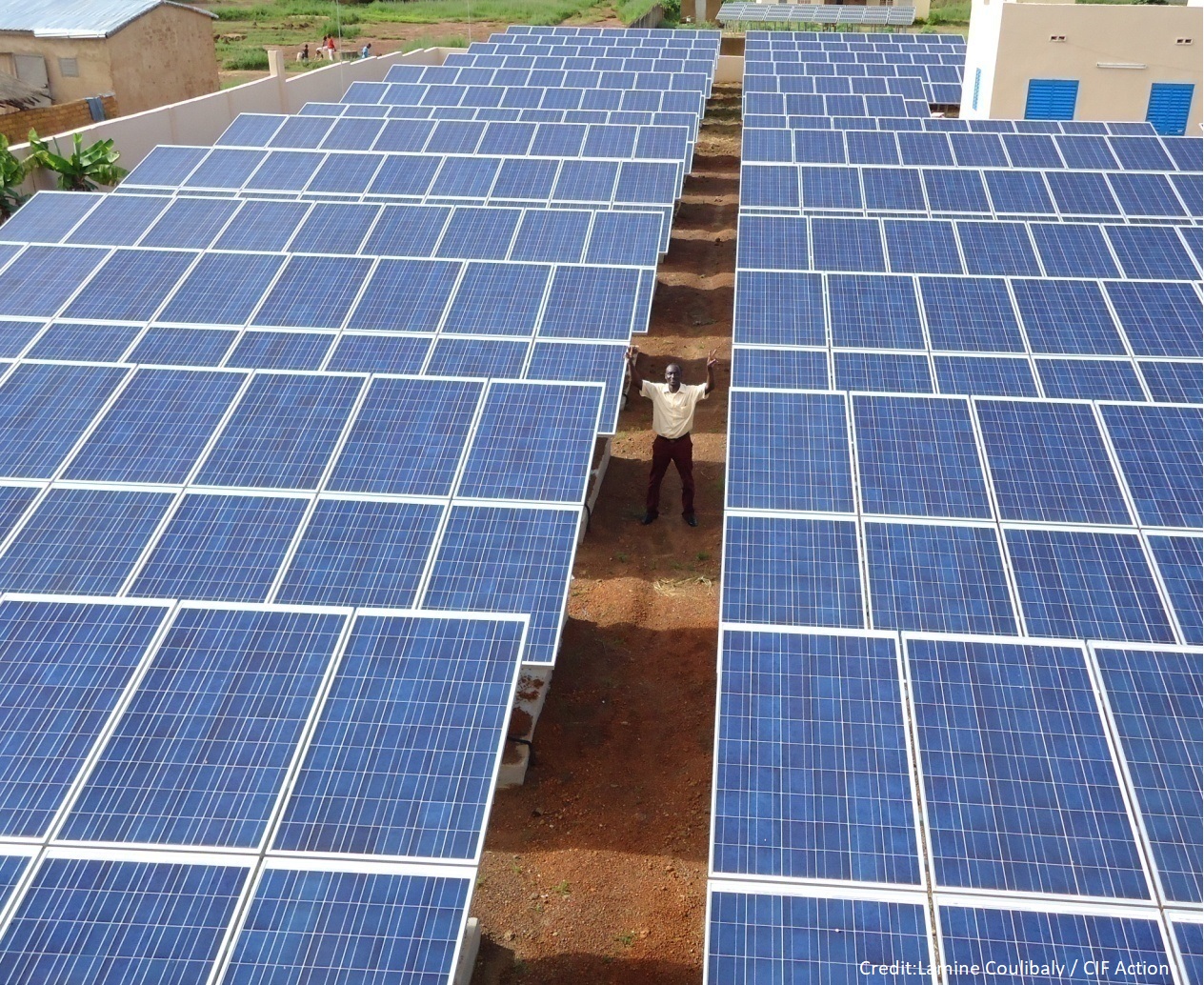
Renewable Energies (RE) are a cornerstone for mitigation of climate change. The Tanzanian policy and government placed therefore the up-scaling of renewables in important core strategies and working constantly on implementation of renewable energy projects. Leading frameworks in on the road to 100 % RE are the 3rd Five Year Development Plan (2021/2022-2025/2026), the National Energy Policy (2015), Sustainable Development Goal 7 (SDG 7), the Tanzania Power System Master Plan 2020 and the Electricity Supply Industry Reform Strategy and Roadmap 2014–2025.
The 3rd Five Year Development Plan (2021/2022-2025/2026) emphasizes the aim to “promote and develop renewable energy technologies and projects (Biogas, Geothermal, LPG, Solar and Wind Energies) particularly for rural households”. But parallel it still advocate to enhance “petroleum exploration and development activities”. Contradicting to that leading climate scientist, the IPCC and the International Energy Agency (IEA) state clearly that to stay within a carbon budget for 1,5 °C no new oil and gas exploration should be conducted. The IEA showcases in their NetZero by 2050 roadmap that “No new oil and natural gas fields are needed in our pathway“ .
The Tanzania Power System Master Plan (TPSM 2020 plans an energy mix for 2044 with still 60 % coming from high greenhouse gas-emitting fossil fuels as coal and fossil gas. As the Global Methan Assessment shows fossil gas is part of the problem, especially due to high methan emissions occurring along the value-chain. According to the IPCC methane has a Global Warming Potential 87 higher than CO2 in the first 20 years after emission. Therefore methane emissions cause a high short-term greenhouse effect and warming, what is threatening to trigger tipping points in the global climate system, leading to uncontrolled warming. Due to that fossil gas increases the risk of unleashing warming cascades leading to a global warming above 2 °C. On the other hand the plan doesn’t address the high potential of affordable RE in Tanzania, not enough by only planning 12 % of non-hydro RE (solar, wind & geothermal) for 2044. In order to achieve Tanzania’s new emission reduction target stated in the update National Determined Contribution (NDC 2021) of 30-35 % by 2030 the up-scaling of RE will play a key role.
Therefore CAN TZ is advocating for leap-frogging directly to 100 % RE and a fossil-free future, urging Tanzania to focus on up-scaling of RE instead of supporting new fossil exploration projects. In a review of the Five Year Development Plan fast-tracking the implementation of RE shall become a cornerstone.
In order to support and empower the implementation of RE, CANTZ is asked to play a sound coordination role and platform for inclusive engagement. Therefore a National Coalition (NC) for Renewable Energies (RE) was established with multi-stakeholders by CAN TZ. The NC will enable discussion, engagement that advocate for the delivery of climate services, especially for up-scaling the implementation of RE. CAN Tz will review together with stakeholders relevant national strategies in order to mainstream the push for 100 % RE into them.
Therefore CAN TZ is in close exchange with Stakeholders, policymakers and users of RE in order to provide in-depth analysis , policy briefings and recommendations to ensure the development of clean and affordable Energy.Here you can find the latest Policy Briefing Coherence form CAN TZ (March, 2020).
